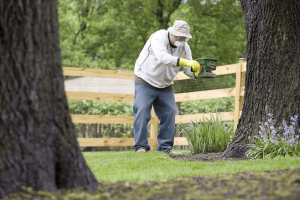
Fertilizers and their Environmental Impact
By Brian Conner Healthy, green grass is a sign of a homeowner’s labor of love, and when it comes to your yard, you want it
The Harpeth Conservancy Science & Restoration program plans and implements projects that protect and improve water quality and stream ecosystem health in Tennessee Rivers. These projects can be divided into two categories: (1) River science research (2) Environmental restoration activities
We carry out a large variety of science and restoration projects every year, with assistance from experts, dedicated volunteers, governmental agencies, corporate partners, civic groups, and other watershed stakeholders. Our restoration efforts, ranging from river cleanups to streambank stabilization, ultimately reduce pollution to the river, enhance habitat, and protect aquatic wildlife. Our science research seeks to strategically study and monitor our rivers to better understand their overall health as well as current and potential threats such as pollution and degradation.
"The environment is where we all meet; where all have a mutual interest; it is the one thing all of us share" - Lady Bird Johnson

By Brian Conner Healthy, green grass is a sign of a homeowner’s labor of love, and when it comes to your yard, you want it
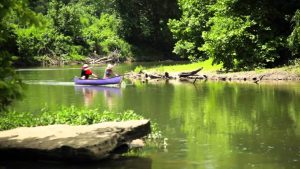
Contact: Dorie Bolze, Harpeth River Watershed Association, (615) 479-0181Erin McCombs, American Rivers, (828) 649-7887 4/7/2015 Washington, D.C.- American Rivers named the Harpeth River among America’s
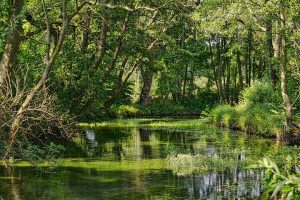
Harpeth Conservancy Helps Volunteers to Plant over 350 Trees in Kingston Springs, TN Harpeth Conservancy and volunteers spend a Saturday morning reforesting the banks of
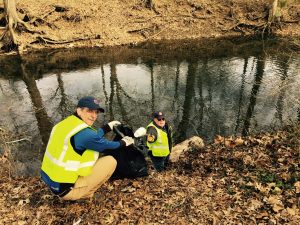
For the eleventh year, the Rotary Club of Brentwood gathered volunteers to clean up the Little Harpeth River.
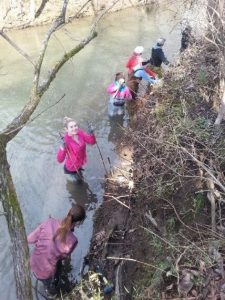
Volunteers to plant over 100 trees to stabilize an eroding river bank on the Little Harpeth River on MLK Day Nashville, TN (January 14, 2016) –
© 2019 Harpeth Conservancy. All rights reserved.